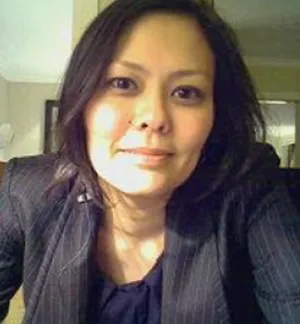Just fourteen months after President Gonzalo Sánchez de Lozada was forced to resign amid widespread popular protest in October 2003, Bolivia’s political situation remains tenuous. Bolivia’s municipal elections on December 5, 2004 serve as an important political barometer in this period of continuing crisis. Since assuming the presidency, Carlos Mesa has endeavoured to meet the demands of the October protesters, however, the basic structural points of conflict remain. One key conflict is tied to the profound socioeconomic gap between the country’s poor, indigenous, and increasingly mobilized majority, on the one hand, and its traditional mestizo-criollo elite, on the other. A second is the continuing regional tensions between the west and the east, the latter of which is rich in hydrocarbons and agriculture, and considered to be the country’s new economic powerhouse. An historian with little political experience and no party backing, Mesa has pulled more than one rabbit out of his hat, but whether his government can survive until the next scheduled general elections in 2007 remains an open question.
To view full text please see PDF below (login may be required).
Gisselquist, Rachel. “Bolivia's 2004 Municipal Elections.” Focal Point: Spotlight on the Americas, January 1, 2005


